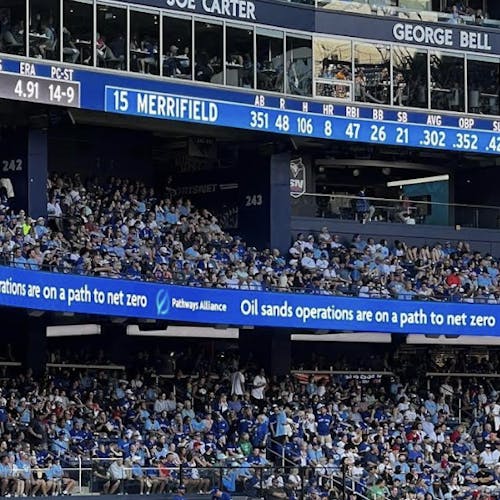Rutgers Theater Company showcases Tennessee Williams play

The Rutgers Theater Company brought a Tennessee Williams’ 1953 play back to life on The Banks this weekend.
From Friday Oct. 26 to Saturday Nov. 3, the company held “Ten Blocks on the Camino Real” at the Philip J. Levin Theater. The play was directed by David Schweizer.
Every year, the Rutgers Theater Company takes on new actors, playwrights, designers, stage managers and theater technicians for the plays it organizes and runs, according to its website.
All the performers are graduating with Bachelor of Fine Arts (BFA) degrees.
Carmen Berkeley, a Mason Gross School of the Arts senior who played the part of Esmeralda and is part of the theater company, said that the auditions for "Ten Blocks on the Camino Real" came up while she was in her previous play.
She said she read the script and the scene for Esmeralda was the first thing that caught her eye. It was the character she connected with the most.
The biggest challenge she faced was balancing the dream-like and surreal nature of the play with their more grounded training, she said.
Berkeley said she was nervous on opening night and when her parents came to see the show. She advised that performers trust themselves, take breaths on stage, run through a thorough warm up and keep in mind that performing is no different than any other day of practice.
She started performing in shows during her sophomore year and said one of the most important skills she has learned as a result is time management.
“I guess there’s not really a secret, you just kind of do it, and you just kind of figure out how to switch gears,” Berkeley said.
Christopher Lysik, a Mason Gross School of the Arts senior, played the character Don Quixote.
He said he received guaranteed casting as he will be graduating in December and is required to do two shows in his last semester.
Lysik said the theater program is very structured, in large part due to the shows that BFA students have to do.
Second year is the most immersive year, he said. Students tend to have classes from 9 a.m. to 6 p.m. with a lunch break and rehearsals from 7 p.m. to 10 p.m.
Lysik explained that actors use the Meisner technique, which was developed by Sanford Meisner. The technique focuses on moment-to-moment acting and calls on performers to act on instinct.
“The biggest challenge was something like this that was so stylized, having to kind of figure out how to still use that training but also throw certain parts of it away,” he said.
Alex Scoloveno, a Mason Gross School of the Arts senior, played Baron De Charlus. He is also a BFA student and is required to perform in approximately two shows each semester as part of the program curriculum.
Scoloveno said he received the script, picked a portion that resonated with him and learned it.
Later, he talked with the director about the character and got casted.
As an ensemble piece, Scoloveno said the music really helped uniform everyone. For his part, he focused on the Baron, the lowest member of the British nobility.
He was one of the actors who was not nervous about the play and was more was excited to get the show on its feet and see how the audience responds to it.
The biggest challenge he faced was making the ensemble personal, making it specific to who he is.
“I tried to honor the material as much as possible and also find the truest part of myself that relates to the play,” he said.



